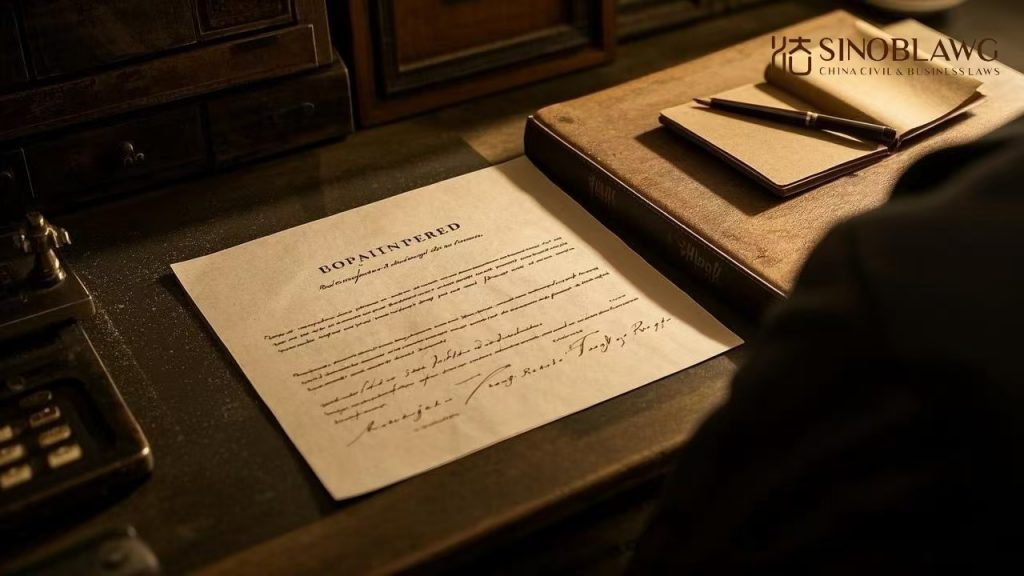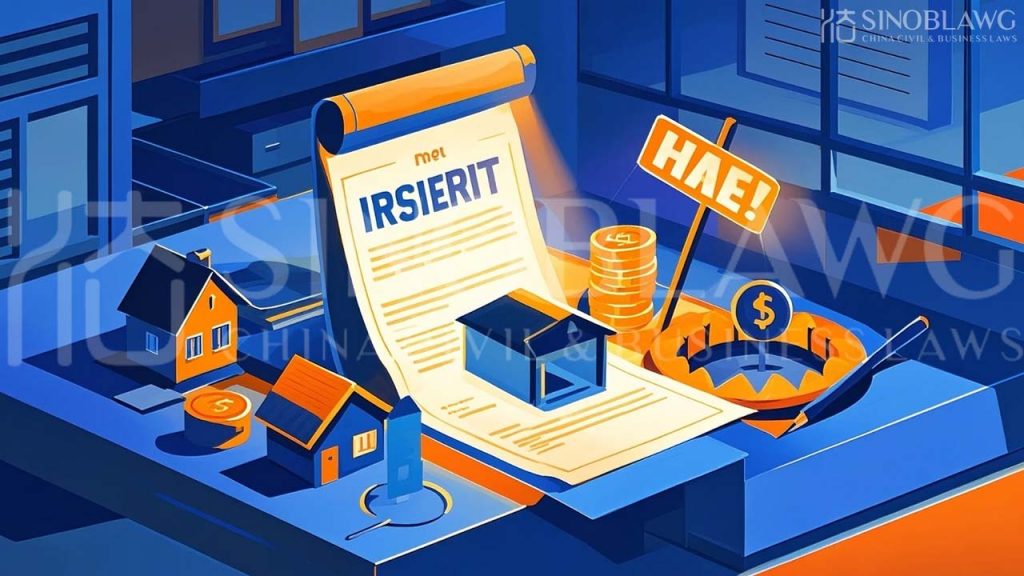Very often in an inheritance case, there are multiple heirs entitled to inherit one piece of real property. In case that the heirs are not on good terms between them, there will be problem and anxiety arising from the possible joint ownership of the same property.
So what does the law say in regard of dealing with the situation in an inheritance case? Is it possible for the court to order the sale of the property if the parties cannot settle their dispute through negotiation?
Article 29 of China Succession Law says: the partition of estates shall accord the needs for life and production, and shall not affect the usefulness of the estates. Estates not suitable for partition shall be dealt with by way of money conversion, compensation or joint ownership.
According to this provision, in practice, courts will first look at whether the estates can be physically partitioned and divided, and if not, the courts will see whether it is possible to award the estates to one or more heirs while ordering the said heirs to compensate other heirs who will forsake his or her ownership in the estates in question, and lastly if not divisible, the estates will be ordered to be co-owned by all heirs resulting the joint ownership of the same estate.
In the case of estate in the form of real property, it is apparent that the heirs cannot partition the estate. The best solution will be that one of the heirs buys out the shares of other heirs so as to avoid the joint ownership in one property. If the parties compete for the ownership of the estate, the part offering the highest price will get it, and if none of the parties wants or affords the property, the courts may reduce the price to a point till one of the heirs wishes to buy. If the estate property cannot be disposed of in the ways, the courts will simply order the property be owned by all heirs, resulting in everyone’s name appearing on the title deed of the property. The court will not have the duty to sell the property on behalf of the heirs.
Then what can be done to exit the co-ownership with others?
This is however a legal issue out of the ambit of China Succession Law. The answer lies with China Property Law enacted in 2007. But there does not seem a good answer at all.
Article 99 of China Property Law provides that in the absence of an agreement to the contrary, a several co-owner (or co-owner by share) may request to sell his or her share in the property at any time he or she wishes. This can serve as legal ground for one co-owner to petition to court to partition his share in the property.
While the law grants the right to partition to the co-owner, in practice, the courts will still be confronted with tricky situation where the courts find it impossible to help one or part of co-owners to cash in on his or her share in the property. The dilemma is much the same as the plight described above. For example, if the property in the case of multiple co-owners by share is currently occupied by one of them who does not have any other house or apartment to live in and he cannot afford to buy out the other owners, the courts will be very reluctant to sell the property and order the partition of the sale proceeds, because it is politically sensitive to deprives one of his only dwelling place. China is a socialist country in our own sense.
However it is possible that bold courts may sell the property in question if the property is a luxury one or of big size in which case the sale proceeds for the owner living in the house will be still sufficient to buy a cheaper and smaller one. In such a case, it may be possible for co-owner(s) to partition and cash in on their shares in the co-owned property. Otherwise, the courts generally can do nothing.







Comments